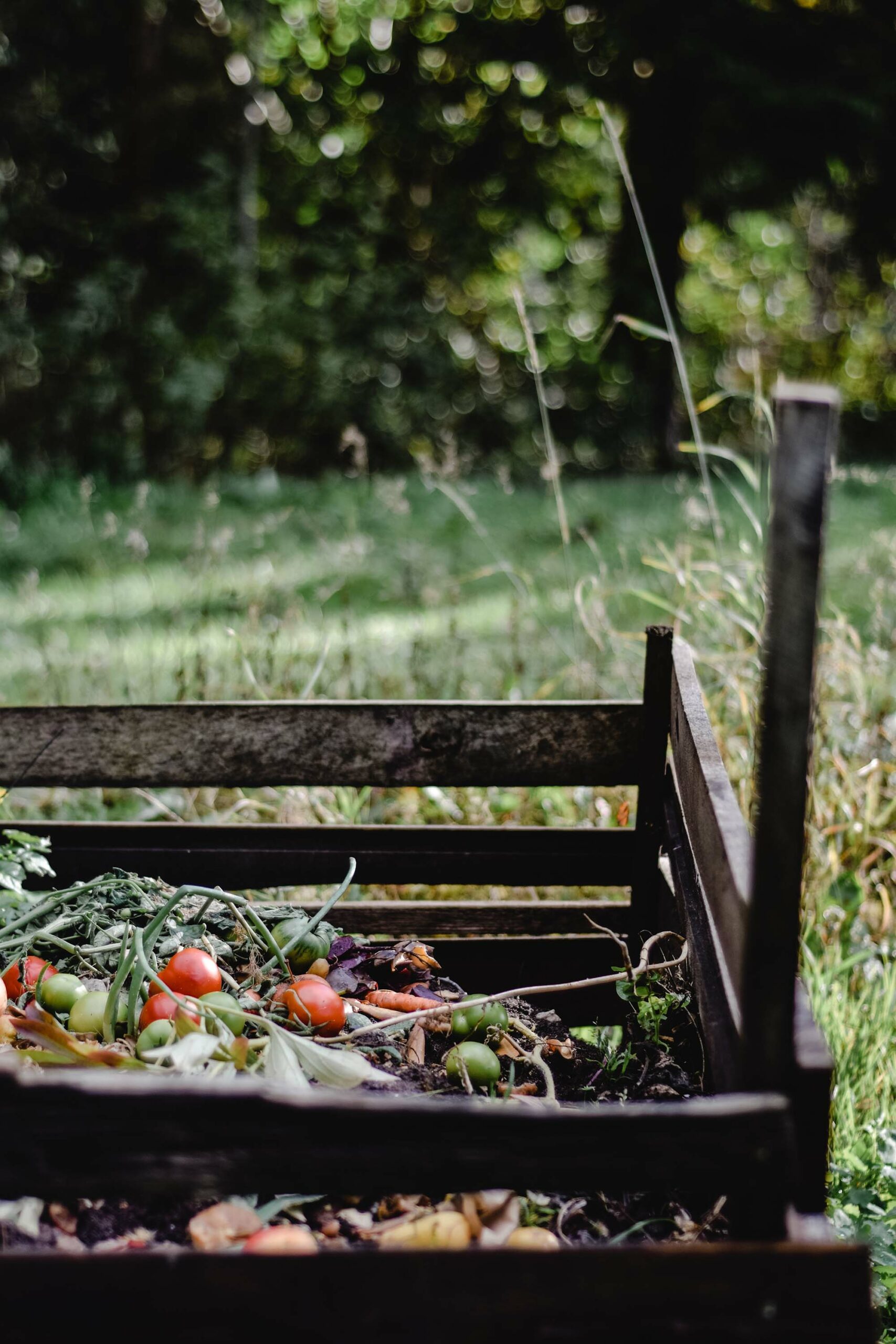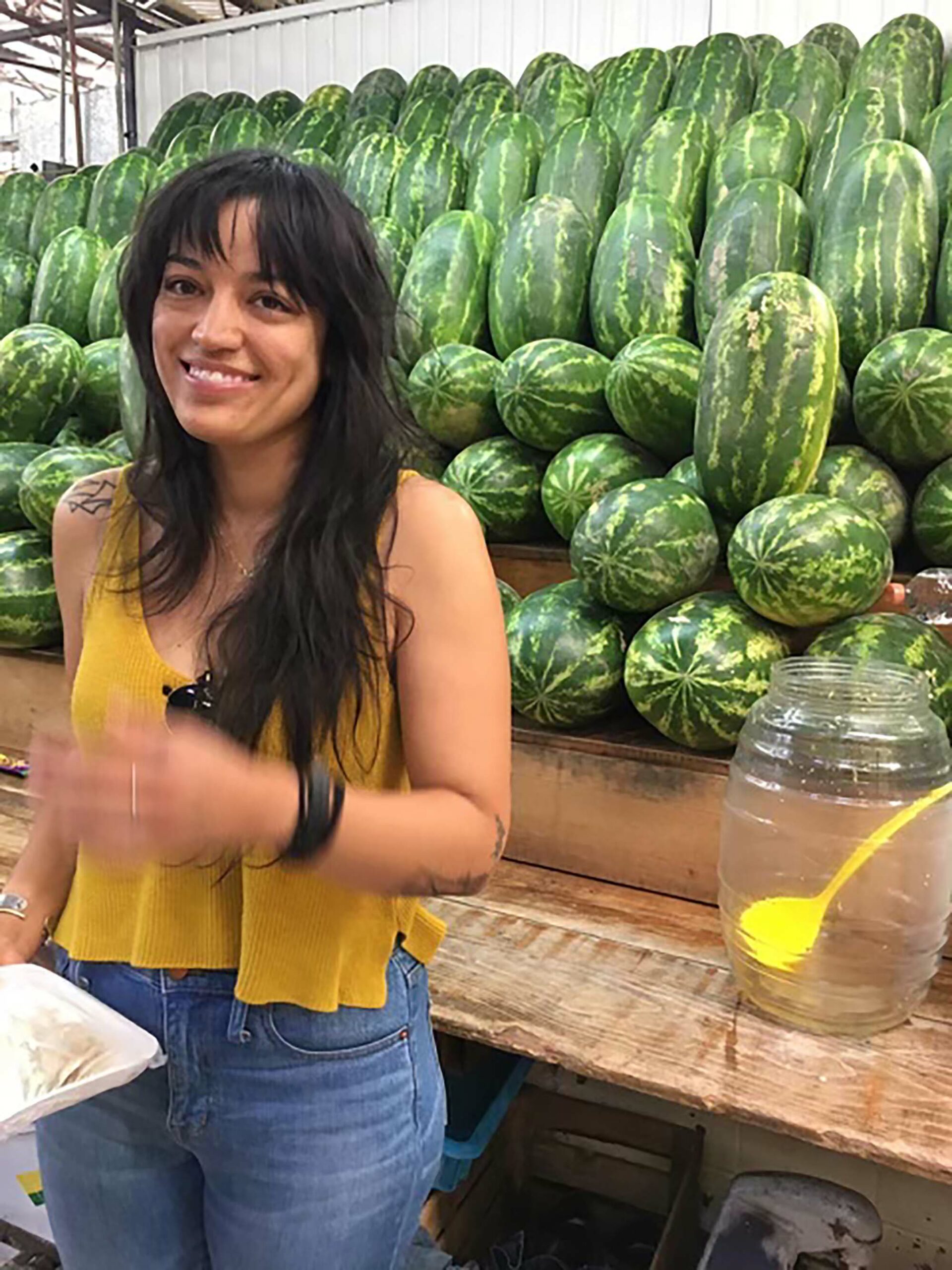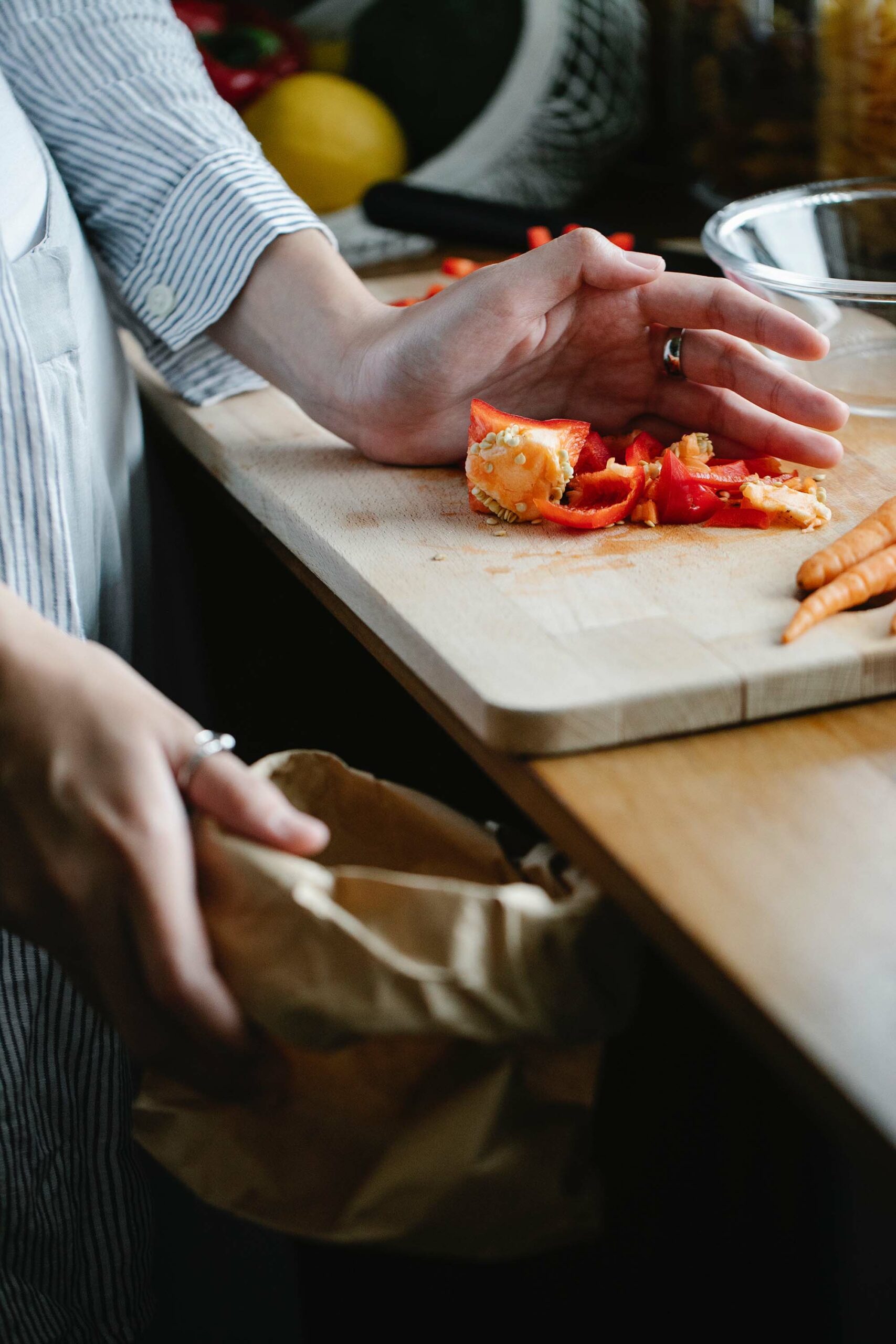Tips for reducing waste.
In partnership with greenUP! and its Green Dining Program, edible Reno-Tahoe is presenting a series of columns on how local restaurateurs and home cooks can go green in the kitchen. In this first column, we delve into reducing food waste. Restaurant, café, and eatery owners and chefs interested in joining the Green Dining District may email Info@greenupnow.biz or visit Greenupnow.biz.
According to the United States Department of Agriculture, 30 to 40 percent of the food supply gets wasted, and much of it ends up in landfills. Washoe County and the state of Nevada currently do not have systems in place for dealing with food waste. However, local businesses such as Down to Earth Composting in Reno and Full Circle Soils & Compost in Carson City provide much-needed outlets for turning food waste into compost. Until there is a statewide system for collecting food scraps, the free alternative is composting at home to reduce your load on the landfill.
Managing a compost pile — finding or making space for it, turning it, managing pests, and more — isn’t for everyone. Nor is it practical for apartment dwellers and one-person households.

Equally important to consider is the little-known fact that 34 million people in the U.S. — 9 million of whom are children — are food insecure. Throwing food away when there are hungry people in our communities doesn’t add up … not to mention the waste of back-breaking labor put in by farmers who produce the food.
If you aren’t able to compost, upcycling food could be a viable alternative. Upcycled foods are dishes made from ingredients that would otherwise have ended up as food waste. Here are some suggestions for starting a successful upcycling plan:
- Dining out? What could you order that, if there are leftovers to take home, could be used as ingredients for another dish?
- Get creative! Wraps, tacos, and soups are versatile. You can use all items from your fridge to make a delicious meal; there are no rules.
- Keep it organized. A tidy fridge and pantry help because you’ll know what you already have and what needs attention. That stale bread can become bread pudding for dessert.
- Create a shopping list and stick to your plan. This will help to eliminate excess purchases and save you money, too.
- Buy in bulk. Not only does this reduce packaging, but it also enables you to control how much food you need.
We may never eliminate all our food waste, but we can certainly practice better methods of buying, storing, and using food. You may even invent your best recipe yet.

Toni Ortega is currently the director of sourcing and sustainability for a local restaurant group in Reno, and she was the co-founder and operator of Lost City Farm, an urban farm in Downtown Reno.
RESOURCES
Information about food security in America: Feedingamerica.org/hunger-in-america
Upcycled food trends: Upcycledfood.org/upcycled-food
Down to Earth Composting
Downtoearthcomposting.com
Full Circle Soils & Compost
Fullcirclecompost.com


